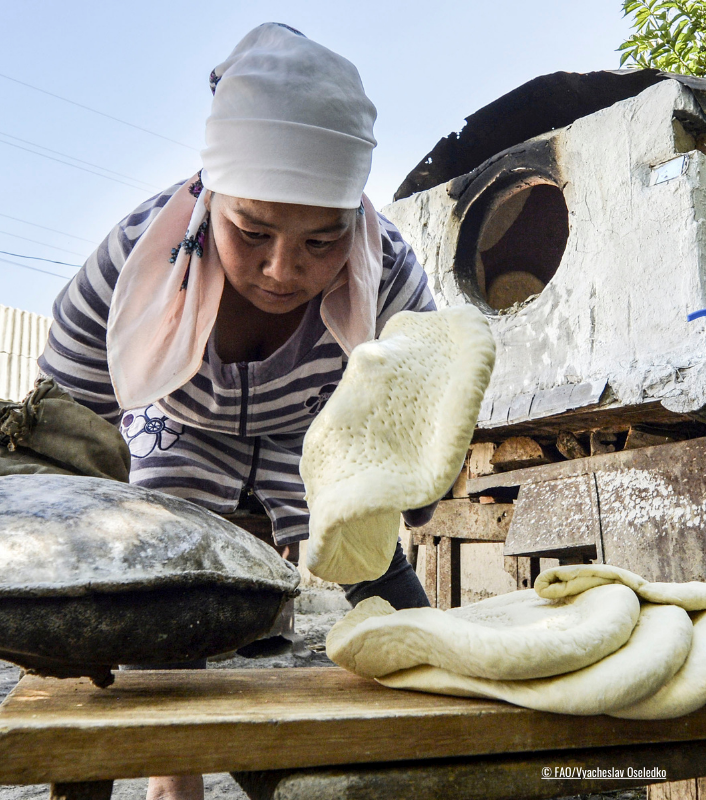GLOBAL ASSISTANCE
Nourish all people
Action Coalition for Healthy Diets from Sustainable Food Systems for Children and All
Type of Assistance
- Strategies and policies formulation: support the formulation or review of national food system related strategies, policies and legal frameworks. Normative guidance: e.g. development or review of guidelines and how to use them at country level
- In-country technical support missions for pathways development, operationalization or implementation (system-wide or thematic). Expert assistance: deploy or assign expert to country remotely or physical or maintain roster of experts and thought Leaders
- Capacity strengthening support for a contextualized “food systems approach” and tailored training programmes for country level
Coverage: Global
Summary of Assistance:
The Action Coalition for Healthy Diets from Sustainable Food Systems for children and all address challenges across three major functions:
Function 1: Addressing priorities challenges at the country level through aligning action across food systems for collective impact. The Coalition facilitates coordination of existing entities and actions to address problems related to healthy diets from sustainable food systems which are priorities in national contexts, such as those set out in the country's food system transformation pathways.
Function 2: Facilitate peer-to-peer learning between countries. Countries and Coalition members face different contexts and challenges but share similar concerns and aspirations to deliver healthy diets from sustainable food systems. The HDSFS will bring Coalition members together for peer-to-peer learning, support, problem-solving and showcasing successful actions.
Function 3: Manage special projects on integrating nutrition, health, and sustainability through food, determined by country priorities. The special projects involve proactive mobilization of expertise, providing opportunities for learning, supporting the creation of relevant partnerships and networks, and building capacity to advance progress in specific areas. An example is the integration between Food-based Dietary Guidelines (FBDGs) and environmental sustainability elements.
Focal Points and Contact: Marjolein Smit, [email protected] , Florence Tonnoir , [email protected] , Arghanoon Farhikhtah, [email protected]


The Aquatic Blue Food Coalition
Type of Assistance
- Formulation, update or operationalization of National Pathways: support the formulation, updating, prioritization or operationalization of Pathways. Operationalization can be achieved through various methods, such as developing a Pathway Implementation Plan, estimating the costs associated with the Pathway, or providing support in establishing governance structures for the implementation of the Pathway.
- Formation of Strategies and Policies for Blue Foods: Support is provided in the formation and review of strategies and policies for Blue Foods. This includes assistance in formulating or reviewing national strategies, policies, and legal frameworks related to food systems. Normative guidance is also offered, which may involve developing or reviewing guidelines and providing instructions on their implementation at the country level.
- Resource mobilization:Provision of assistance in mobilizing resources, including the development of investment cases and evidence for blue foods, to secure financial assistance for the implementation of pathways.
Coverage: Global, with an emphasis on Africa, the Pacific and Small Island Developing States
Summary of Assistance:
The Aquatic Blue Food Coalition is leading work in the transformation of blue food systems in lakes, rivers and oceans that can progress achievement of nine Sustainable Development Goals. Incorporating capture and cultivated systems, the Coalition is dedicated to mobilizing support - financial, technical capacity, and partnerships – for countries that are integrating aquatic into food systems and implementing core aquatic food priorities. This includes integrating blue foods in National Pathways while supporting countries with strategy, policy formulation, and resource mobilization to deliver on their ambitions.
The Coalition offers a range of activities and support. One of the current endeavors is to catalyze the sustainable scaling of aquaculture in Africa, working towards a 35 percent increase in sustainable aquaculture production by 2030. This initiative involves convening a group of donors, technical experts, and prospective national participants to explore tailor-made pilot projects that encompass production, value chain services, infrastructure, and socioeconomic policies. The Coalition is actively engaged with international funding sources to secure financing for nature-positive food production, emphasizing the importance of aquatic food production for marginalized coastal communities and Small-Island Developing States. Finally, the Coalition engages at national and international forums – such as UNFCCC, UNCBD, and CFS – for advocacy and policy recognition of sustainable blue food systems with the support of partners and countries.
Through these multifaceted efforts, the Coalition mobilizes resources, fosters partnerships, and advocates for the sustainable development of blue food systems to address pressing challenges to blue food systems and benefit countries.
Focal Points and Contact: Karly Keso, [email protected] , Stefan Jon Hafstein, [email protected]